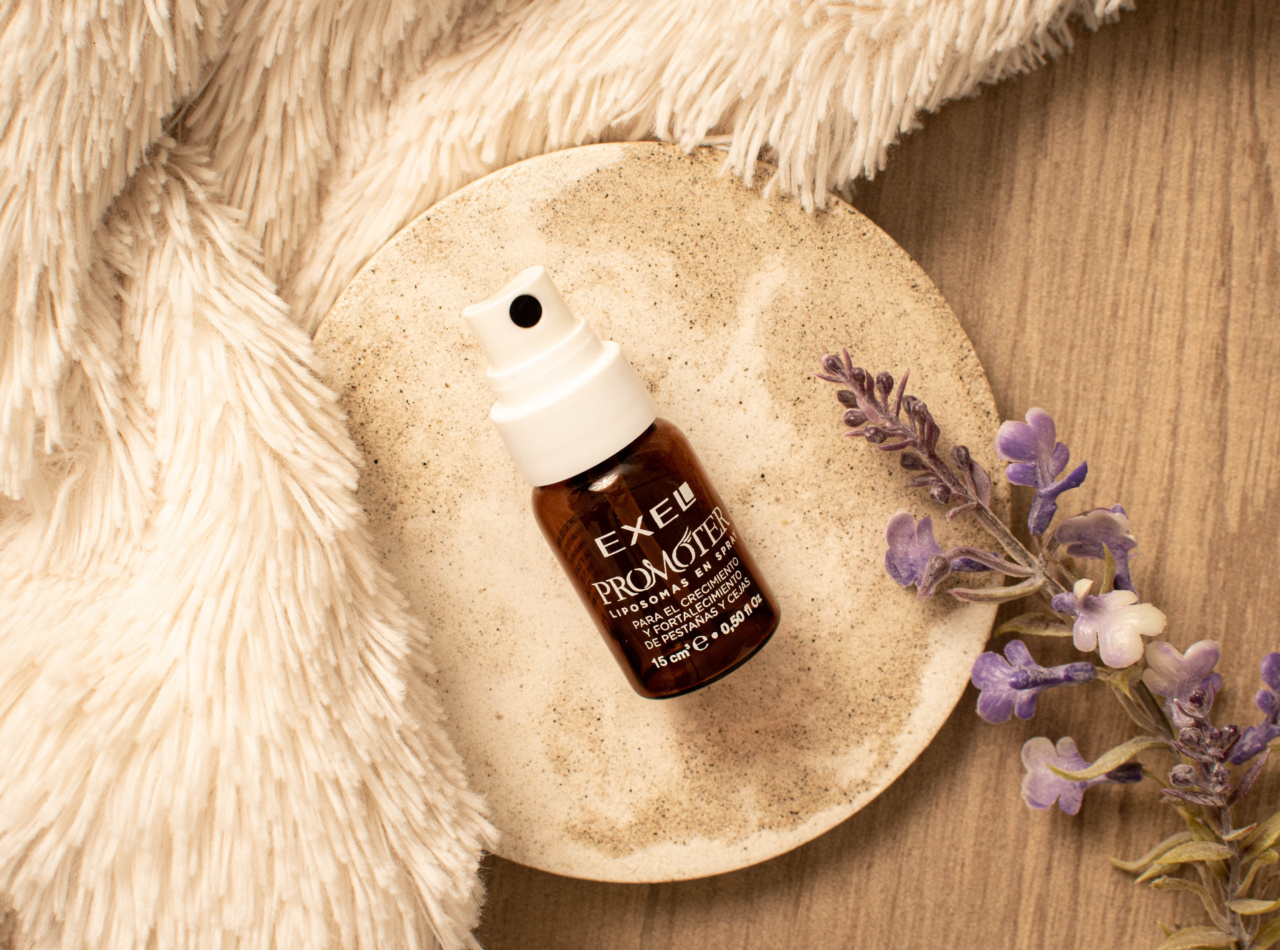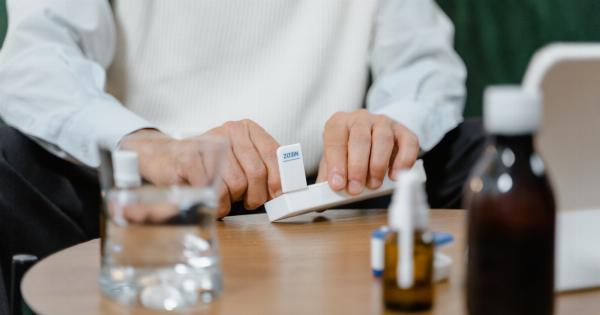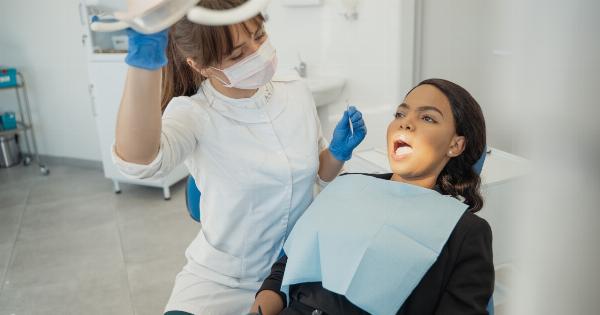Psoriasis is a chronic autoimmune disorder that affects the skin, causing patches of red, flaky, and scaly skin. The severity of the condition can range from mild to severe, affecting the patient’s quality of life.
Although the exact cause of psoriasis is unknown, it is believed to be triggered by environmental factors and genetics. The National Psoriasis Foundation reports that up to 30% of people with psoriasis have moderate to severe psoriasis, and these individuals require aggressive treatment.
Here, we will discuss the most effective treatments for moderate-to-severe psoriasis.
1. Topical treatments
Topical medications are usually the first-line treatment for mild to moderate psoriasis. These are creams, ointments, and gels that are applied directly to the affected areas. They are effective in reducing inflammation, scaling, and redness on the skin.
Topical drugs that contain corticosteroids, calcipotriol, tazarotene, anthralin, and tacrolimus are commonly used in the management of psoriasis. However, topical treatments may not be as effective in treating moderate to severe psoriasis.
2. Phototherapy
Phototherapy, also called light therapy, involves the use of natural or artificial ultraviolet light to treat psoriasis. It is often used in combination with topical or systemic treatments. There are different types of phototherapy, including:.
- UVB therapy
- PUVA therapy
- Excimer laser therapy
Phototherapy is a safe and effective treatment option for moderate-to-severe psoriasis, but it requires multiple sessions over several weeks to see improvements. It also has some side effects such as redness, itching, and sunburn-like symptoms.
3. Oral medications
Oral medications are usually reserved for people with moderate-to-severe psoriasis who do not respond to topical treatments or phototherapy.
These medications are taken by mouth and target the immune system to reduce inflammation and skin cell production. The most commonly used oral medications for psoriasis include:.
- Methotrexate
- Cyclosporine
- Acitretin
Oral medications have potential side effects, such as liver toxicity, kidney damage, and increased risk of infections. They should be used with caution and under the supervision of a dermatologist.
4. Biologic medications
Biologic medications are a newer class of drugs that target specific components of the immune system involved in the development of psoriasis.
These medications are given by injection or infusion, and they have been shown to be highly effective in treating moderate-to-severe psoriasis. The most commonly used biologics for psoriasis include:.
- Adalimumab
- Ustekinumab
- Secukinumab
- Ixekizumab
- Brodalumab
Biologic medications have been proven to be effective, but it may take weeks or months to see results. They are also expensive and can have side effects, such as increased susceptibility to infections or reactivation of latent infections.
5. Combination therapy
Combination therapy involves the use of two or more treatments to manage psoriasis. This can include combining a biologic medication with phototherapy or topical treatments.
Combination therapy has been shown to be highly effective in treating moderate-to-severe psoriasis.
Conclusion
Effective treatment for moderate-to-severe psoriasis depends on the patient’s individual factors like the location, severity of the disease, and past history.
The most effective treatments available include topical treatments, phototherapy, oral medications, biologic medications and a combination of these methods. Working with a dermatologist or a health care professional to understand these options and developing an individualized treatment plan is the best way to manage moderate-to-severe psoriasis.

























